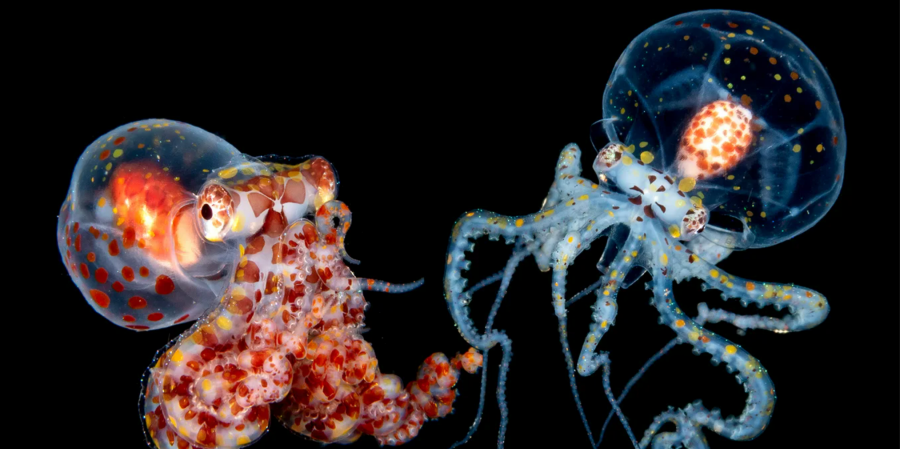

Introduction:
Deep in the swirling waters and hidden depths of the ocean is a strange and mysterious creature—the octopus, and with its incredible movements and intelligence, the octopus has captivated scientists and travelers all attention long term. Peering into the mysterious world of underwater dragonflies, we discover an empire full of secrets waiting to be revealed.
Things the octopus likes:
Octopuses are really good at adapting, and they can thrive in a variety of environments. From the cold waters of the Antarctic to the tropics, these amazing creatures have created hotspots for themselves in every corner of the ocean Thanks to their adaptability partly because of their strong musculature, which outcompetes many vertebrae, allowing them to do so in order to easily navigate through different habitats.
Camouflage Ability:
Perhaps one of the most interesting things about underwater octopuses is their incredible camouflage. Using specialized cells called chromatophores, octopuses can change color and shape to blend well with their surroundings. Not only does this incredible skill help them evade predators, but it also allows them to strike deadly unsuspecting prey, making them a formidable hunter in the underwater world
Octopus wisdom:
In addition to their physical prowess, octopuses possess intelligence that rivals that of many vertebrates. Studies have shown that they are capable of performing complex behaviors such as problem solving, using tools, and even playing games. In a bizarre experiment, an octopus was observed detaching a coral shell and using it as a shelter—a behavior previously thought to be restricted to humans and certain primate species.
Communication between octopus:
While octopuses do not have a vocal system, they are known to communicate using a variety of visual cues such as color changes and body postures but the extent of their overall communication abilities and the complexity of social interactions remain mystery. Ongoing research seeks to reveal the complexities of octopus communication and shed light on what their social life looks like under waves.
Reproductive practices:
Octopus reproduction is another area of research. Most species are solitary creatures that only mate together, often performing elaborate courtship rituals before breeding. However, the specificity of these rituals and the factors affecting mate choice remain poorly understood. Further research is needed to unravel the mysteries of octopus reproduction and shed light on the life cycle of these fascinating creatures.
Conclusion:
As we explore the depths of the ocean and unravel the mysteries of the underwater octopus, we gain a greater appreciation for the complex and diverse life beneath the waves Octopus reminds us of the wonders waiting to be discovered in the depths of the ocean, from amazing to amazing adaptability intelligence. As scientists delve deeper into the mysteries of the underwater octopus, we can speculate on the other mysteries waiting to be discovered in this fascinating underwater world
